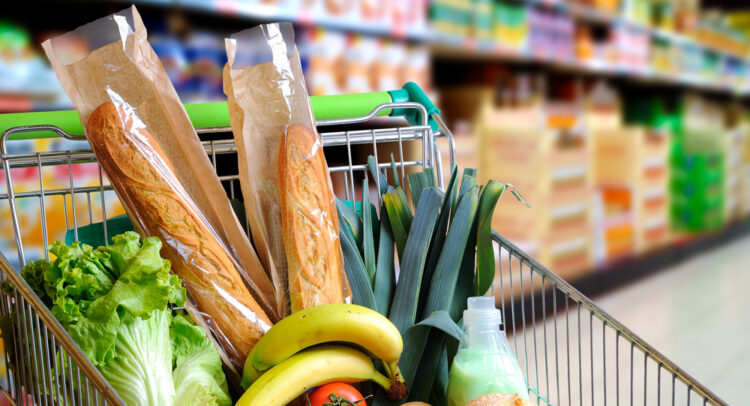Rising prices have a direct impact on your pocketbook and can constitute a painful hit on your personal finances. This is especially true at the grocery store. Here are seven tips that can help you save money on your groceries.
Though hard times mandate the tightening of budgets, there are basic necessities–such as food–that we simply cannot make do without. However, there are a number of steps we can take to decrease these costs.
Make a List Before You Go Shopping
One of the best strategies for saving money is being intentional with your spending decisions. Having a budget will help you plan out your purchases and prevent impulse buys.
Going to the store with a shopping list will help you avoid picking up extra items that are not part of your plan. It is easy to be tempted by those extra offers on your way to the checkout line, which are strategically placed to tempt you into making a last-minute purchase that you had not planned on.
Having a list will help keep you–and your budget–on track.
Eat Before You Go to the Store
It is never a good idea to go to the supermarket when you are hungry, as your ability to resist tasty treats will be lowered by a growling stomach.
Grocery stores are set up to entice you to buy items that look yummy. Being hungry will lower your willpower, making it that much harder to skip over those sugary snacks that are bad for your wallet and your health.
Search High and Low
Foods at grocery stores are strategically placed to attract your attention. The more expensive brands and goods tend to fall right within your line of sight, where your eyes will wander as you progress through the aisles.
Look for products placed higher up or down low on the shelves. You are more likely to find bargains if you shift your gaze slightly.
Buy in Bulk When Appropriate
Certain foods need to be eaten fresh, but not every item does. There are some items which can stay edible for longer periods of time.
For instance, pastas, rice, and other grains can stay edible if they are stored properly. Non-edible items such as paper towels or toilet paper can also be bought in bulk if you have the space to store them for longer periods of time.
Go Generic When Possible
There is a premium for purchasing name brands, and the cost might not be worth the expense. You can experiment with different generic brands, finding ones that meet both your budgetary needs and satisfy your taste buds.
This can be especially useful for those food commodities such as salt, flour, and baking soda, where you probably will not even notice a difference.
Expand Your Search Radius
Think about venturing beyond your beaten path and trying out other stores nearby. You may even find that dividing up your purchases–fruits and vegetables from one location, eggs and milk from another–can help you decrease your costs.
It might be worth purchasing a membership at a bargain store, especially if there is one in your geographic vicinity.
Look for Bargains
Look for bargains as you make your shopping list, searching for various specials that your regular grocery store is advertising for that week. There may be some timely discounts that fit within your meal plan.
Identifying these specials before you shop can help you be even more intentional with your purchases. You may also find good prices on items that you had not previously considered, giving you an opportunity to experiment with something new and different.
Eat Your Leftovers
Here’s a bonus tip: make sure to eat your leftovers.
Buying food outside the home can sink our well-crafted grocery store budgets. Mornings can be hectic, and instead of taking the time to pack a lunch, it can be easy to decide to pick up a sandwich, chips, and a drink at the cafe next to your office.
As you clean up from the previous evening, put aside some of your leftovers in an easy-to-carry plastic container that you can grab on your way out the door. The costs of purchasing food outside can quickly add up, putting a major dent in your finances. These cost savings are one of the reasons why it makes sense to brew your own coffee as well.
Conclusion
You need a few staples in life, including a roof over your head, clothes on your back, and food in your stomach. As such, food costs are ones that you simply cannot avoid.
Still, there are ways that you can make these expenses less painful.
The good news: these mostly depend on you and your behaviors. They will therefore hold true in times when prices are remaining constant, or increasing rapidly.
Learn money management, and use data-driven stock insights with TipRanks.









